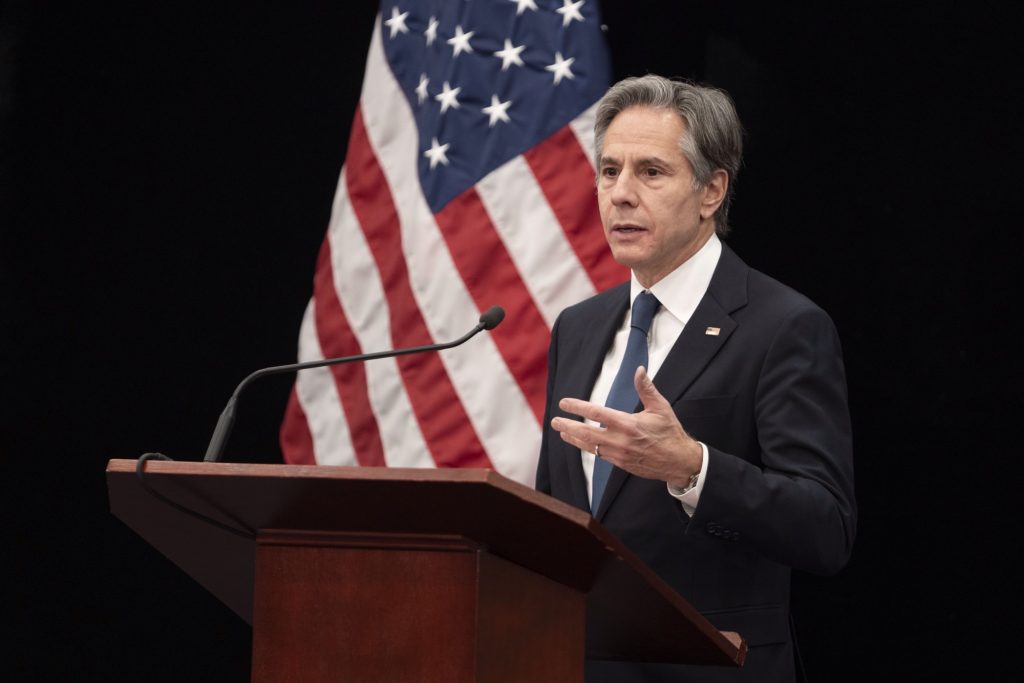Antarctica - Level 2: Exercise Increased Caution
Reissued with updates to health information. Exercise increased caution in Antarctica due to environmental hazards posed by extreme and unpredictable weather and limited emergency services. The U.S. government is unable to provide consular services to U.S. citizens in the Antarctic Region. The closest U.S Embassies/Consulates are in Argentina, Australia, Chile, New Zealand, and South Africa. U.S. government resources in the Antarctic Region are committed to the U.S. Antarctic Program, per longstanding U.S. policy. Read the country information page for additional information on travel to Antarctica. If you travel to Antarctica: Obtain comprehensive travel, medical, and medical evacuation insurance; see our webpage for more information on insurance providers for overseas coverage. Travel with a professional guide or organization such as those that are a member of the International Association of Antarctica Tour Operators, or, if organizing a private expedition, be self-sufficient. Enroll in the Smart Traveler Enrollment Program (STEP) to receive security messages and make it easier to locate you in an emergency. Prepare a contingency plan for emergency situations. Review the Traveler’s Checklist. Follow the Department of State on Facebook and Twitter. Read the Department of State’s COVID-19 page before planning any international travel. Visit the CDC page for the latest Travel Health Information related to your travel. Contact the Department of State’s Office of Ocean and Polar Affairs for information at Antarctica@state.gov.

Reissued with updates to health information.
- Exercise increased caution in Antarctica due to environmental hazards posed by extreme and unpredictable weather and limited emergency services.
- The U.S. government is unable to provide consular services to U.S. citizens in the Antarctic Region. The closest U.S Embassies/Consulates are in Argentina, Australia, Chile, New Zealand, and South Africa. U.S. government resources in the Antarctic Region are committed to the U.S. Antarctic Program, per longstanding U.S. policy.
Read the country information page for additional information on travel to Antarctica.
If you travel to Antarctica:
- Obtain comprehensive travel, medical, and medical evacuation insurance; see our webpage for more information on insurance providers for overseas coverage.
- Travel with a professional guide or organization such as those that are a member of the International Association of Antarctica Tour Operators, or, if organizing a private expedition, be self-sufficient.
- Enroll in the Smart Traveler Enrollment Program (STEP) to receive security messages and make it easier to locate you in an emergency.
- Prepare a contingency plan for emergency situations. Review the Traveler’s Checklist.
- Follow the Department of State on Facebook and Twitter.
- Read the Department of State’s COVID-19 page before planning any international travel.
- Visit the CDC page for the latest Travel Health Information related to your travel.
- Contact the Department of State’s Office of Ocean and Polar Affairs for information at Antarctica@state.gov.



